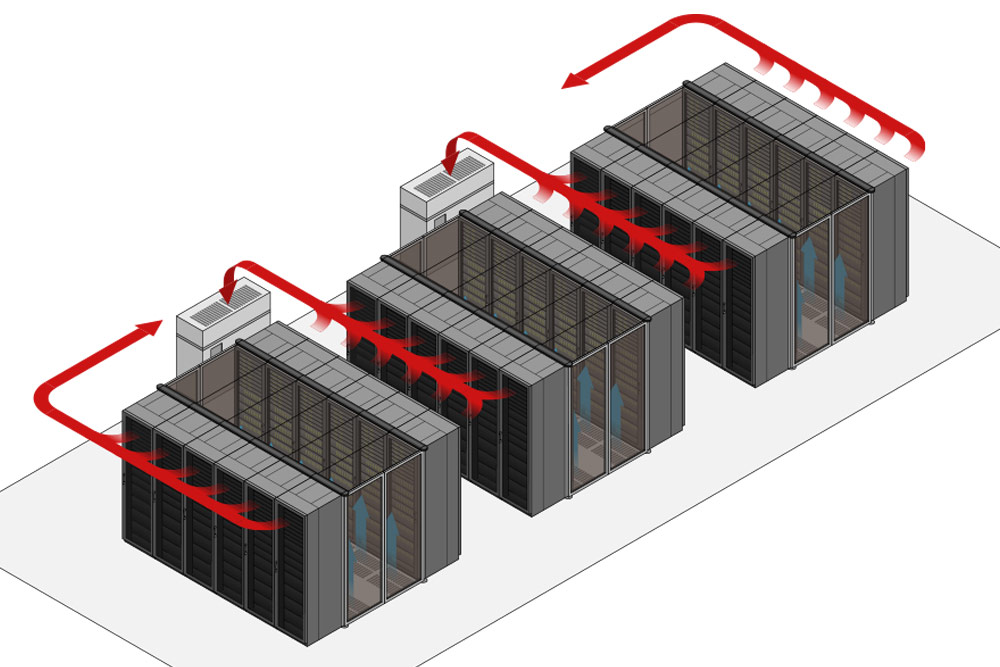Though it is not at all unusual for startups and new systems to be touted “the next big thing,” the reality is that the majority of such proclamations are merely flashes in a pan, rather than indicating lasting changes to the technology sector. Containers, on the other hand, have proven their worth as an ongoing contribution to making application development and server management smoother and more efficient.
What are containers and why are they used?
Containers are more easily explained via metaphor. A shipping container alone could provide you with all the tools, materials, and information necessary to build a house. Digital containers are packages that allow developers to incorporate all the necessary ingredients to run a piece of software—such as the library of needed files and configuration files—into one parcel that can then be sent to any machine, running on any operating system.
Unlike other solutions for running an application cross-platform—such as virtual machines that require large chunks of processing power—containers include the operating system they require and all the memory and resources needed to run it, thereby negating any impact to the host machine. Despite incorporating all the requisite pieces, containers remain significantly smaller in size than virtual machines, as each container can cooperate and share resources.
Containers boot appreciably faster than virtual machines. Another benefit is that containers can easily package and establish web applications in many iterations very quickly, making containers perfect for easy dissemination of new apps and tools in a way that cloud computing has been unable to match. Downsides to containers, however, do exist. Since they can share resources, the potential for cross contamination and security breaches is greater than for virtual machines that are entirely self-contained. The uses for containers are still being expanded, but they have already been utilized in Google Search, among others.
What is Docker and how did they springboard containers onto the map?
While containers are not a new technology per se, the rise of Docker (an open platform that automates the deployment of applications within software containers) has made it a buzzword. Docker was developed to streamline the process of creating new apps, reducing the need to reinvent extant pieces of the invention pipeline while at the same time enabling more efficient sending and sharing of applications, along with all the commensurate content. Whether because of the public’s increasing comfort with cloud based computing or simply the glaring defects in the previous virtual computing and development process, Docker has become one of the most influential startups of the decade, mentioned in Forbes, VentureBeat, The Atlantic, and more as an industry-leading shift in application development and management.
Speak with a Volico professional today about whether containers may be right for you
Containers can provide a terrific development and mobilization tool; however, security gaps remain a concern. Our dedicated and knowledgeable professionals are available to assist you in determining whether containerization may be a good option for your digital business needs. Contact Volico today to speak with a member of our team.
Ready to See How Volico Data Center Can Help You?
Got questions? Want to talk specifics? That’s what we’re here for.
Have one of our friendly experts contact you to begin the conversation. Discover how Volico can help you with your Server Management needs.
• Call: 888 865 4261
• Chat with a member of our team to discuss which solution best fits your needs.










